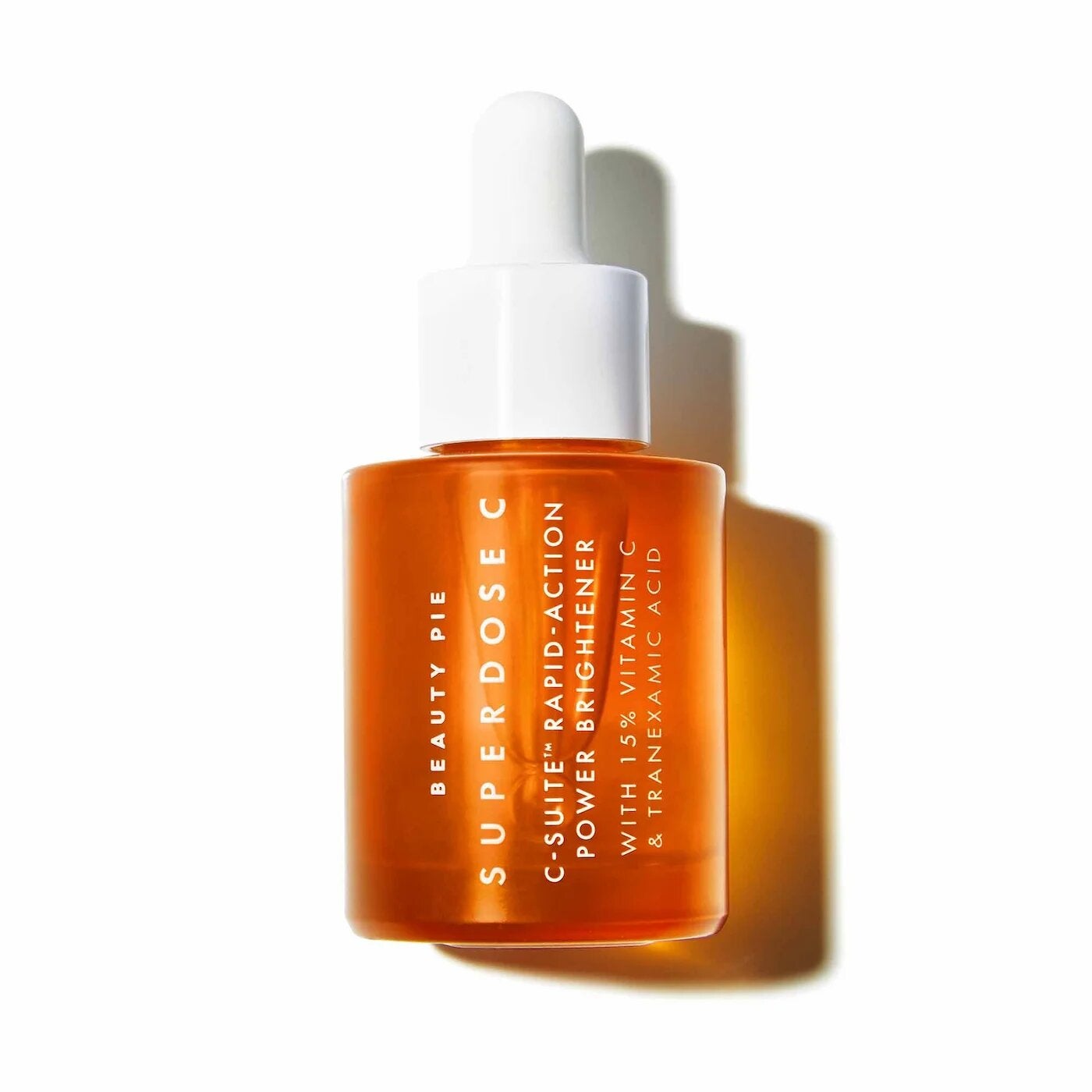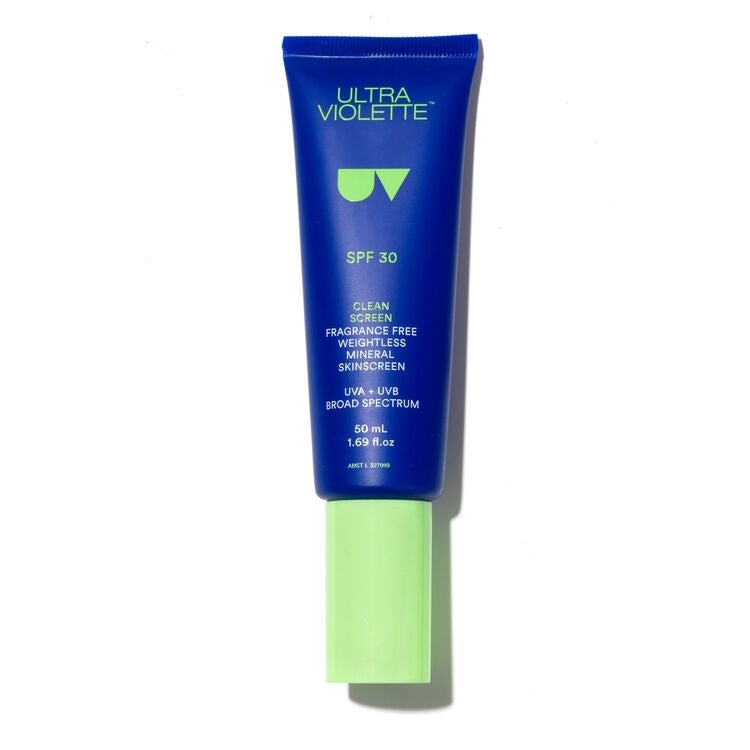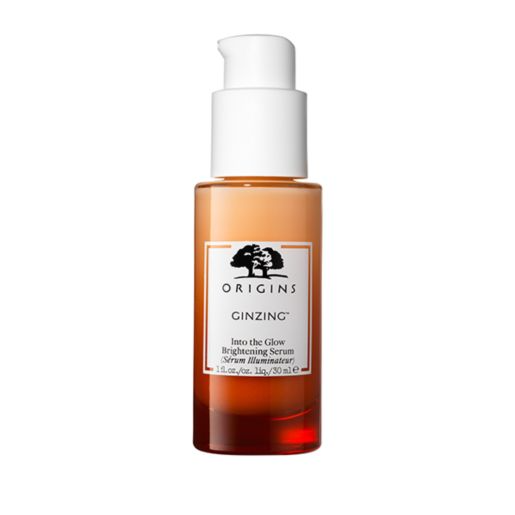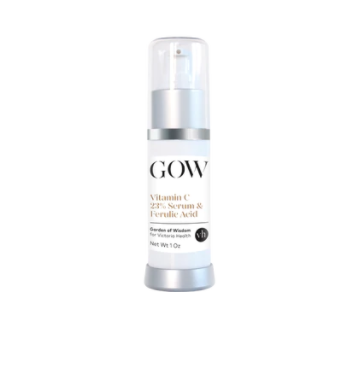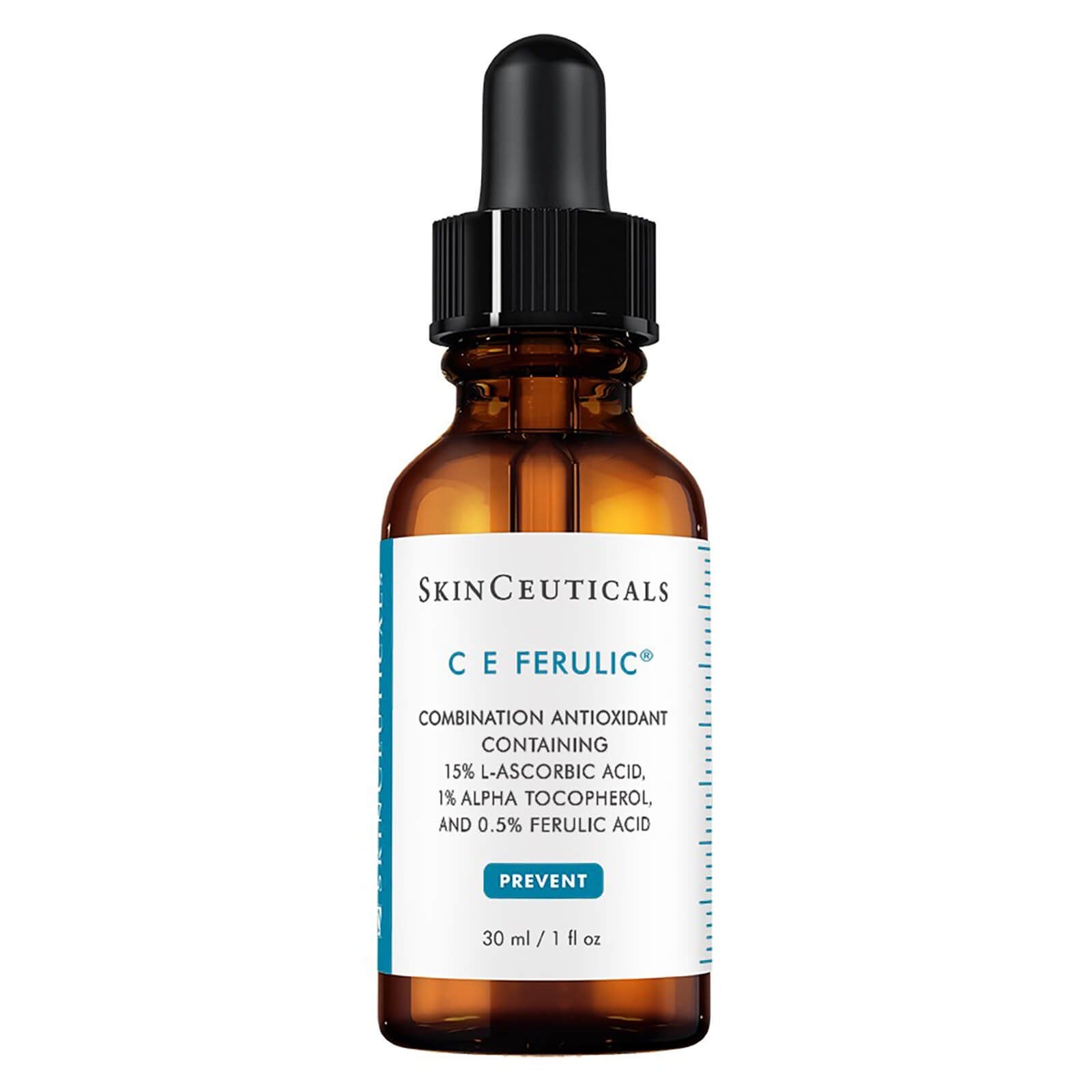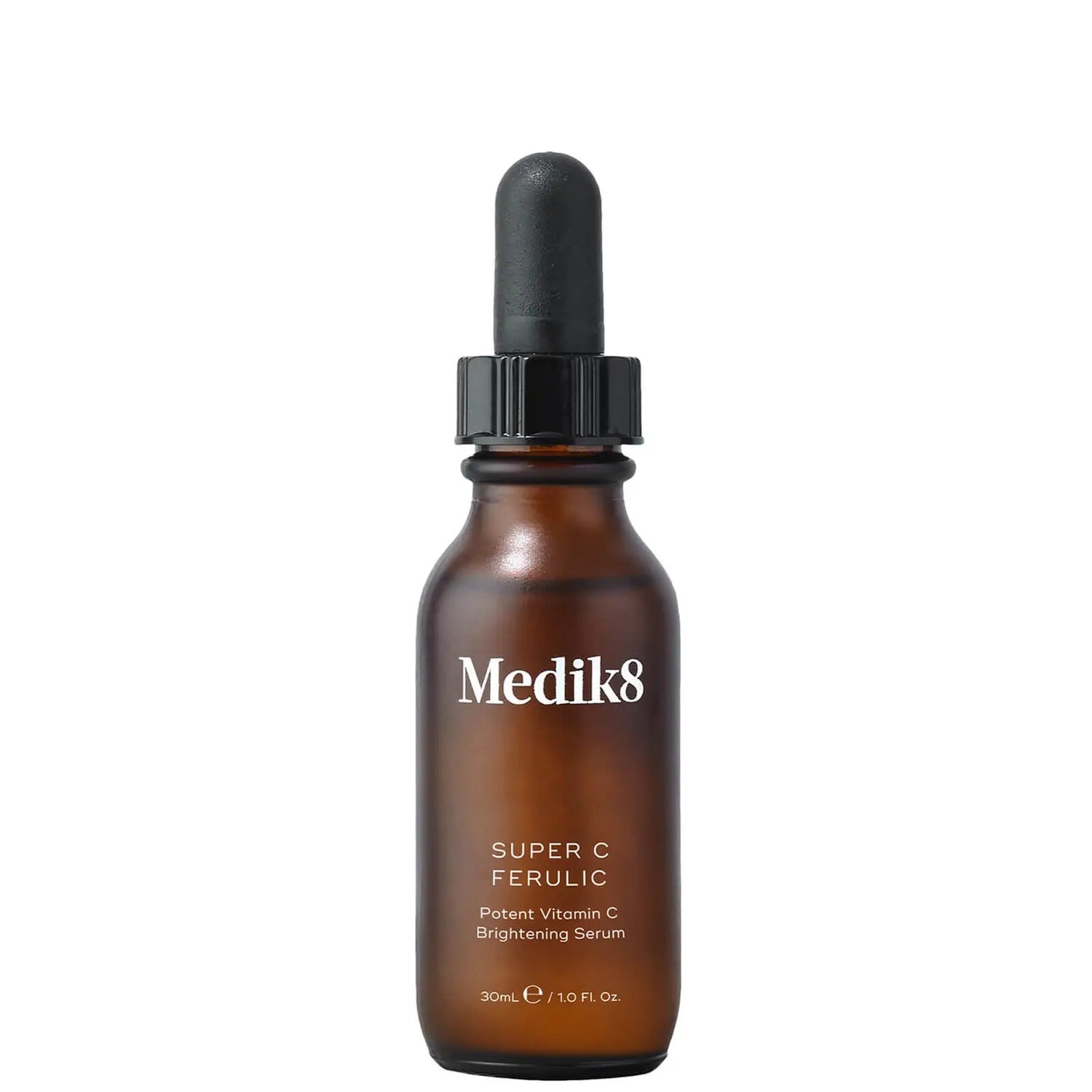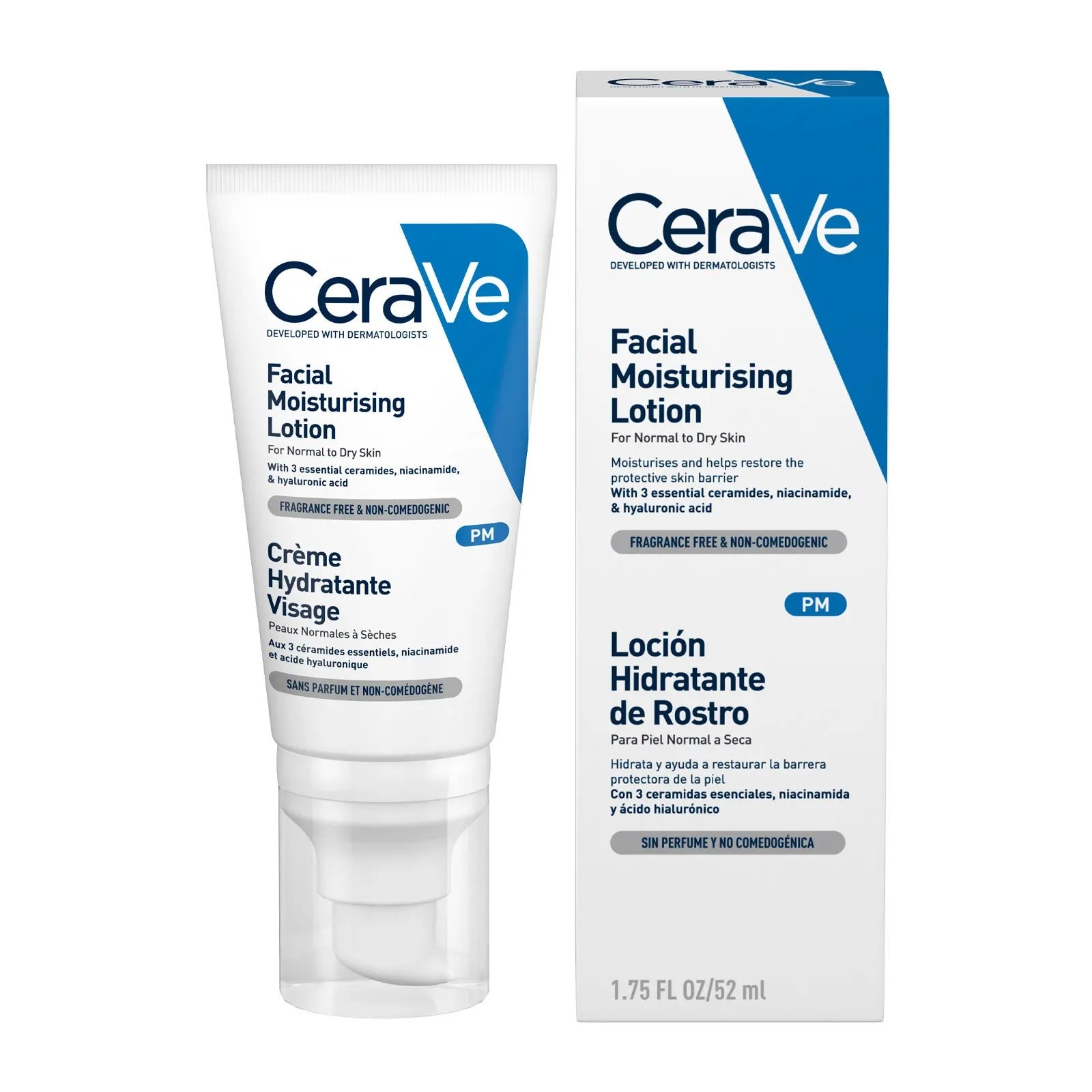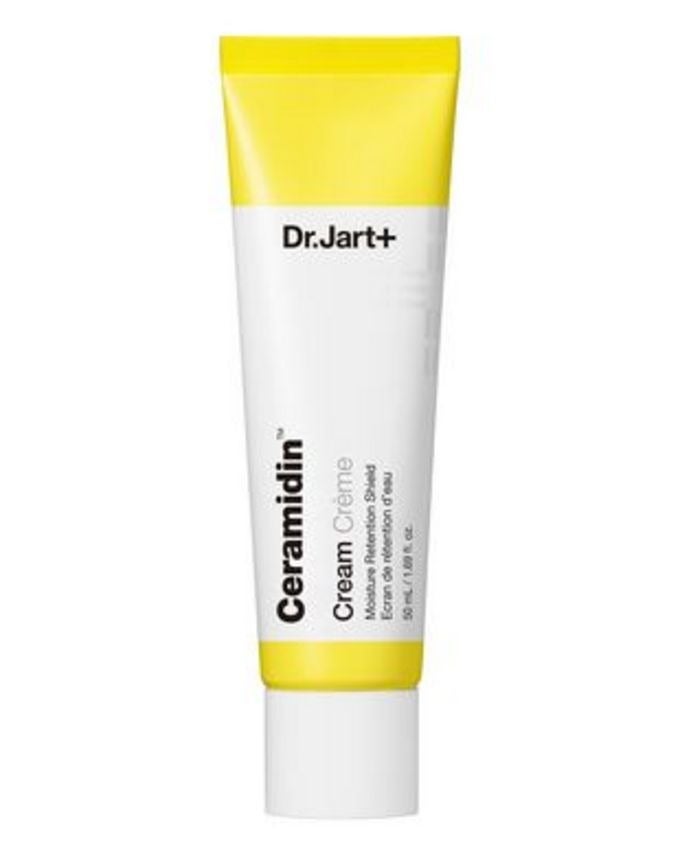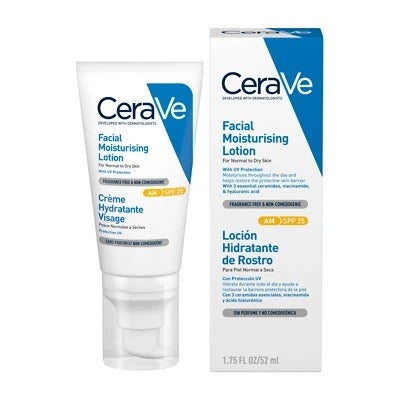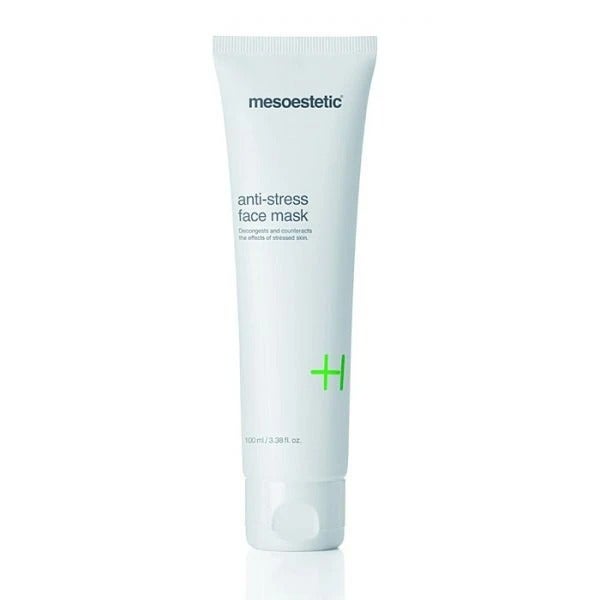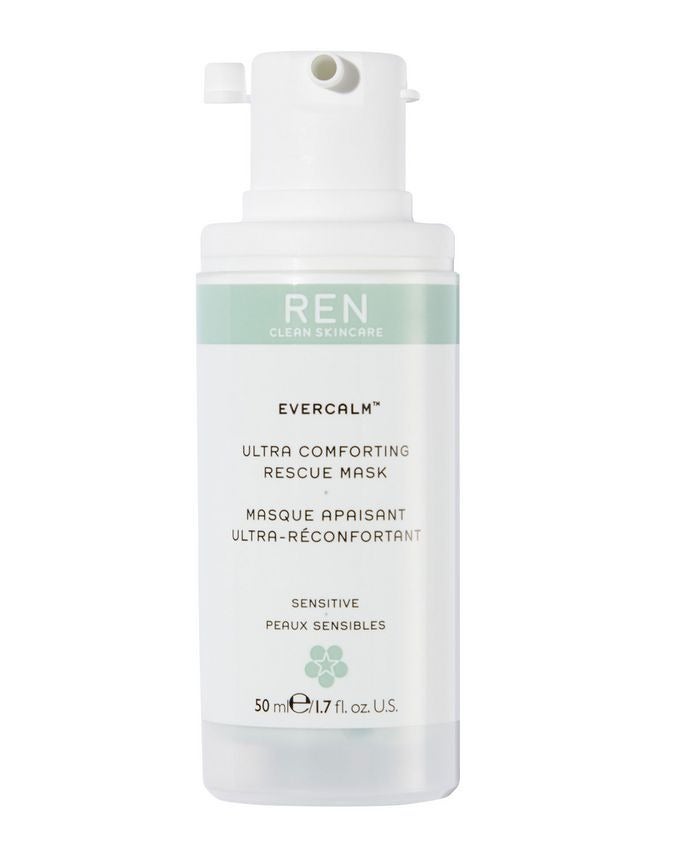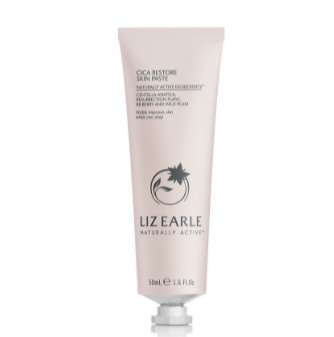This Is What Pollen Is Doing To Your Skin Right Now
Photographed by Sarah Harry Isaacs
Pollen allergies are no joke. Incessant sneezing, itchy eyes and a scratchy throat are just a handful of irritating symptoms that come with hay fever as the seasons change — but allergies can have some pretty adverse effects on your skin, too. If you regularly wake up with a puffy face or experience unexplained patches of red, dry skin, it could be a sign that your complexion isn't taking too well to pollen. According to the experts, though, there's a simple solution, and it lies in the way you layer your skincare.
What is pollen and what does it do to skin?
AdvertisementADVERTISEMENT
Without sounding too much like a biology lesson, pollen is a powdery matter made up of tiny seeds from plants and flowers, and it's often invisible to the naked eye. According to the NHS, allergies occur when our immune system reacts to particular substances, hence the strong physical symptoms many of us experience with hay fever.
Unfortunately for allergy sufferers, research has found that reactions can take place on our skin, too, as Nalan Aksahin, senior aesthetician and skin expert at Rejuv Lab London explains: "Pollen's effects on the skin are common, though often overlooked, with precedence often given on the symptoms presented in the eyes and nose. As an allergy, the body's natural instinct is to fight the pollen when inhaled or if it comes in direct contact with the skin. This causes an inflammatory response on the skin that can lead to a rash, impairing the skin barrier and causing irritation and sensitivity."
First up: inflammation. This may present as puffiness, swelling and redness, especially around the sensitive eye area. It's the long-term effects which experts are talking about, though. One skincare study showed that over time, inflammation can result in faster skin ageing, with similar effects to sun damage. These skin issues may present as fine lines, wrinkles and potentially dark spots or hyperpigmentation. Secondly: an impaired skin barrier, which means damage to the top part of your skin that usually stops moisture from escaping. A damaged barrier may result in dryness and can make skin feel itchy and sensitive.
AdvertisementADVERTISEMENT
The answer? Anti-pollen skincare, says Dr Aksahin. "There are many products available to combat the signs of inflammation, assist in the healing and repair process, and to treat skin affected by pollen," she says, starting with vitamin C.
What are the skincare benefits of vitamin C?
"Vitamin C is a common antioxidant," explains Dr Aksahin, so it shields skin from environmental damage, including pollen. Vitamin C also helps brighten dull skin and can help prevent dark spots or hyperpigmentation. Used alongside a high factor sunscreen in the morning, it provides excellent protection from UV rays, too. For best results, opt for a serum such as Origins GinZing Into the Glow Brightening Serum, £42, or Beauty Pie Superdose Vitamin C C-Suite Rapid Action Power Brightener, £16.50 (member price), both of which are great layered under moisturiser or SPF.
What are the skincare benefits of ferulic acid?
Ferulic acid (also an antioxidant) supports the skin and helps repair the skin barrier, says Dr Aksahin. Depending on your preference or budget, you can choose between ferulic acid and vitamin C as they have similar effects. However, lots of smart serums combine both ingredients for double protection against the environment, for example Garden of Wisdom Vitamin C Serum 23% + Ferulic Acid, £12, Medik8 Super C Ferulic, £59, and SkinCeuticals C E Ferulic Serum, £165. Simply apply to dry skin after cleansing in the morning and follow with moisturiser or SPF.
AdvertisementADVERTISEMENT
What are the skincare benefits of ceramides?
Ceramides are also integral to a healthy skin barrier, says Dr Aksahin. Otherwise referred to as fats, think of them as the glue that keeps healthy skin intact. "Their role ensures an ordered structure of the skin," adds Dr Aksahin. "Decreased levels of ceramides are associated with conditions such as dermatitis, psoriasis and premature ageing." If you're looking for a ceramide-packed moisturiser to follow your serum, try Dr. Jart+ Ceramidin Cream, £32 (great for dry skin) or CeraVe Facial Moisturising Lotion, £15.24, which is better suited to oily or combination skin types. Both moisturisers can be used during the daytime or at night, so you don't have to use two separate products.
Lastly, Dr Aksahin suggests that if your skin tends to feel red and hot in the spring or summer months and is exacerbated by pollen allergies, treat your skin to something soothing and conditioning, like a face mask. She recommends Mesoestetic Anti-Stress Face Mask, £49.99, which boasts aloe vera to calm inflammation. Also try REN Evercalm Ultra Comforting Rescue Mask, £28, and Liz Earle CICA Restore Skin Paste, £32, both R29 favourites, which moisturise deeply, cool down inflammation and reduce the redness.
At Refinery29, we’re here to help you navigate this overwhelming world of stuff. All of our market picks are independently selected and curated by us. All product details reflect the price and availability at the time of publication. If you buy or click on something we link to on our site, we may earn a commission.
AdvertisementADVERTISEMENT







